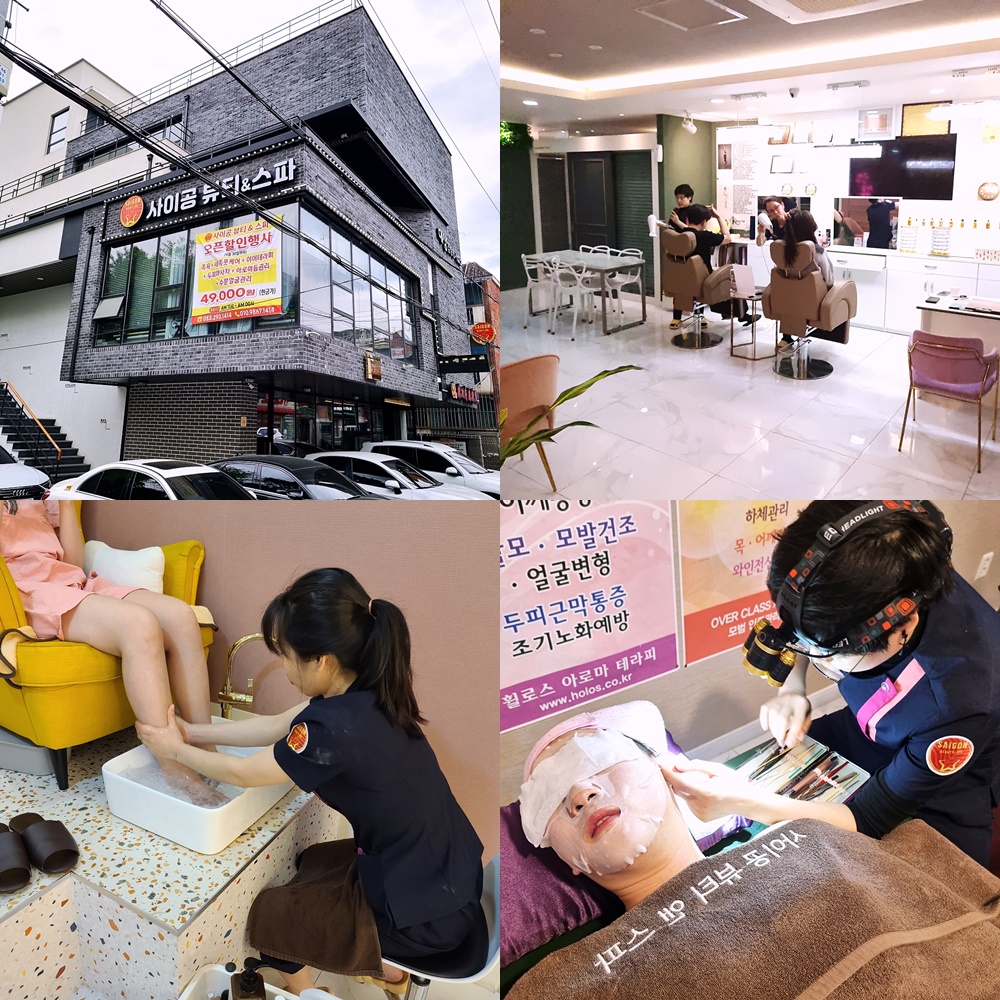After Hours
What does it imply to work after hours?
Working after hours typically implies dedicating time past the usual working schedule to finish tasks, handle tasks, or handle unexpected challenges. This can range significantly depending on the job, 안마 tradition, and particular person circumstances.
- Increased workload: It could point out a heavy workload or tight deadlines that require extra time.
- Flexibility: Some staff could choose to work after hours for flexibility through the day.
- Commitment: It can mirror a powerful dedication to the job or group, usually seen favorably in aggressive environments.
- Work-life balance challenges: Regularly working after hours can result in imbalances, affecting personal time and relationships.
- Potential for burnout: Extended work hours without sufficient rest can contribute to worker burnout and decreased productiveness.
Considerations of After Hours Work
- Company Policy: Understand firm expectations relating to after-hours work.
- Communication: Ensure open communication with supervisors about workload and expectations.
- Personal Boundaries: Set clear personal boundaries to keep up work-life balance.
Ultimately, while working after hours could be useful in sure conditions, it is important to gauge its impact on overall well-being and productivity.
What does after hours imply time?
After hours refers back to the time period outdoors of regular business hours. This usually means:
- For companies: The time when the establishment is closed to the general public, typically after 5 PM or 6 PM on weekdays.
- In a professional context: Activities or duties performed outside of standard working hours, similar to working late or sustaining contact with purchasers after hours.
- For events: Activities or gatherings that occur within the night or late at evening, usually not a half of an everyday schedule.
It’s essential to focus on after hours as a end result of:
- It can indicate totally different expectations for communication and availability.
- Pricing and companies may differ throughout after hours for certain companies, corresponding to eating places or retail stores.
- Access to services or support could also be limited during this time.
Understanding after hours is essential for planning and managing time effectively in each private and skilled contexts.
What does After Hours stand for?
The time period After Hours can refer to totally different ideas relying on the context. Here are a couple of interpretations:
- Leisure Time: It refers again to the time after normal working hours, usually devoted to leisure, socializing, or pursuing hobbies.
- Business Context: In the enterprise world, it can mean activities that occur outdoors of regular business hours, corresponding to after-hours conferences or networking events.
- Entertainment: After Hours also can check with late-night occasions, similar to events, bars, or clubs that operate into the evening.
Examples of After Hours Activities
- Social gatherings with pals or household.
- Attending concerts or shows.
- Participating in sports activities or bodily activities.
Overall, After Hours denotes a time for private enjoyment and activities outside the constraints of day by day responsibilities.

